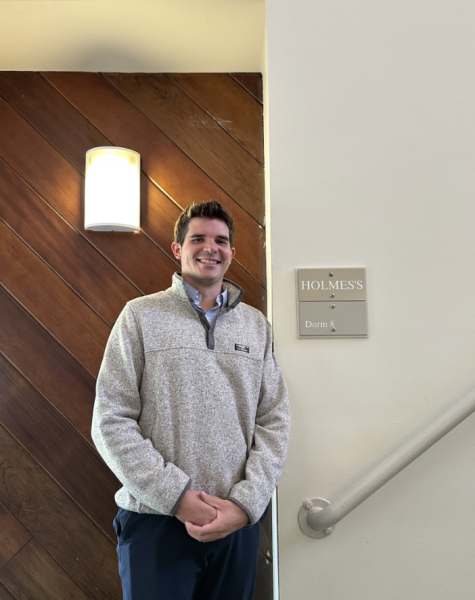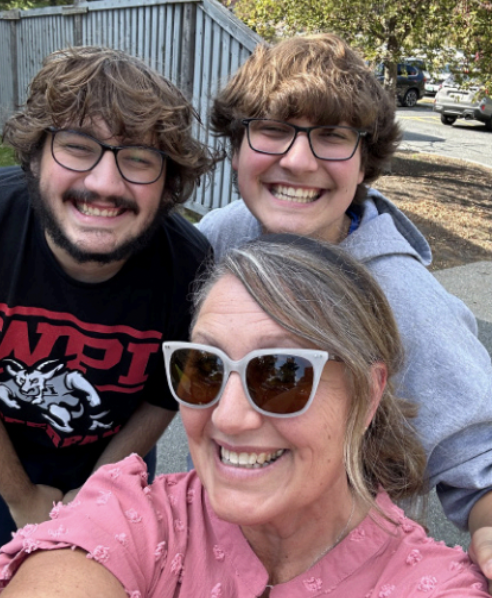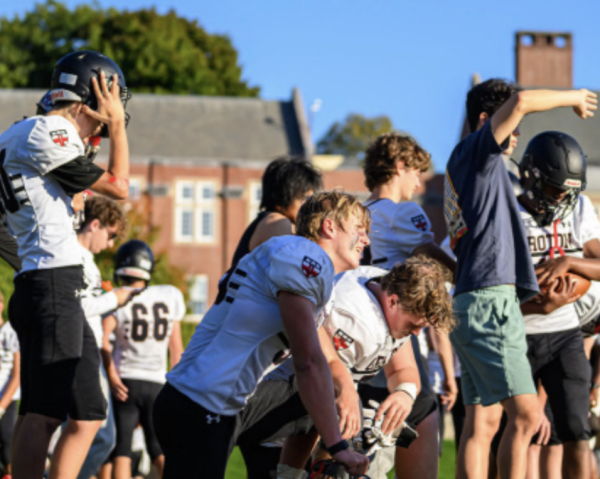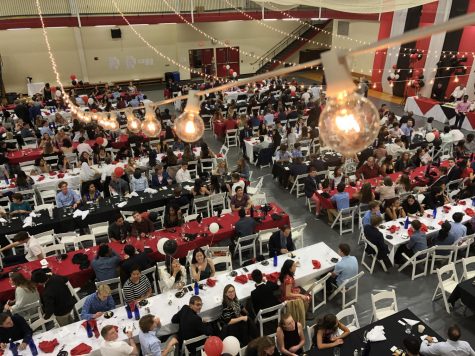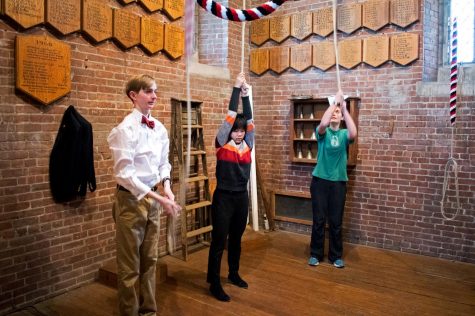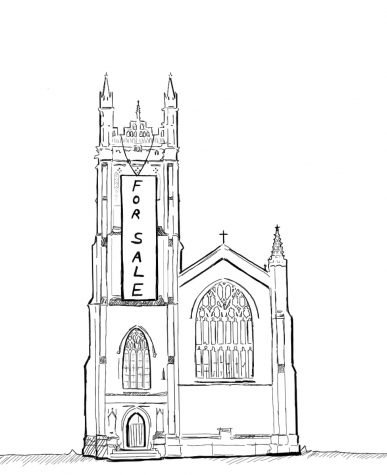Behind the Scenes of the DC
It’s probably best to know about Groton’s Disciplinary Committee, or DC, as a student here, but many people do not know exactly how it works.
Mr. O’Donnell, dean of students, explained that if a student commits an infraction that warrants a form of punishment, the infraction is sent to the deans. The deans meet with the student who committed the infraction, as well as his or her advisor, and piece together what exactly happened. After meeting with the student, the deans decide whether a DC is the best form of punishment, or if a warning will suffice.
If the deans view a DC as the best form of deciding punishment, a date is set for the DC. On the night of a DC, the Disciplinary Committee gathers: the Senior Prefects, the two Fifth Form officers, one member of the Sixth Form selected by the headmaster, and a few of the faculty members who sit on the DC. The deans give this committee a brief rundown of what occurred. The student then comes in with their advisor, and the process begins.
The student then tells his or her side of the story. This part of the process aims to hear all parts of the incident. Then, the student’s advisor discusses the student as a member of the community and addresses their reaction in the wake of the infraction.
Then the student leaves, and the committee talks about they think: whether they have any questions to ask, and how they feel about the incident. If the committee has more questions, they may invite the student back in at this time to gain insight on the situation.
After this questions period, the committee discusses amongst themselves what punishment to recommend to the headmaster. These punishments vary from case to case, depending on particular circumstances. After a consensus is met, the DC adjourns. After the DC adjourns, the chair of the committee and a dean go to the headmaster to report the recommendation.
The headmaster, having received the DC’s recommendation, weighs it against his views on how the situation should be handled. The headmaster can either agree with the DC’s view, or he, having veto power, can decide another punishment.
As Zahin Das ’16, a member of this year’s Disciplinary Committee, said, “The work we do is difficult, but important.”



